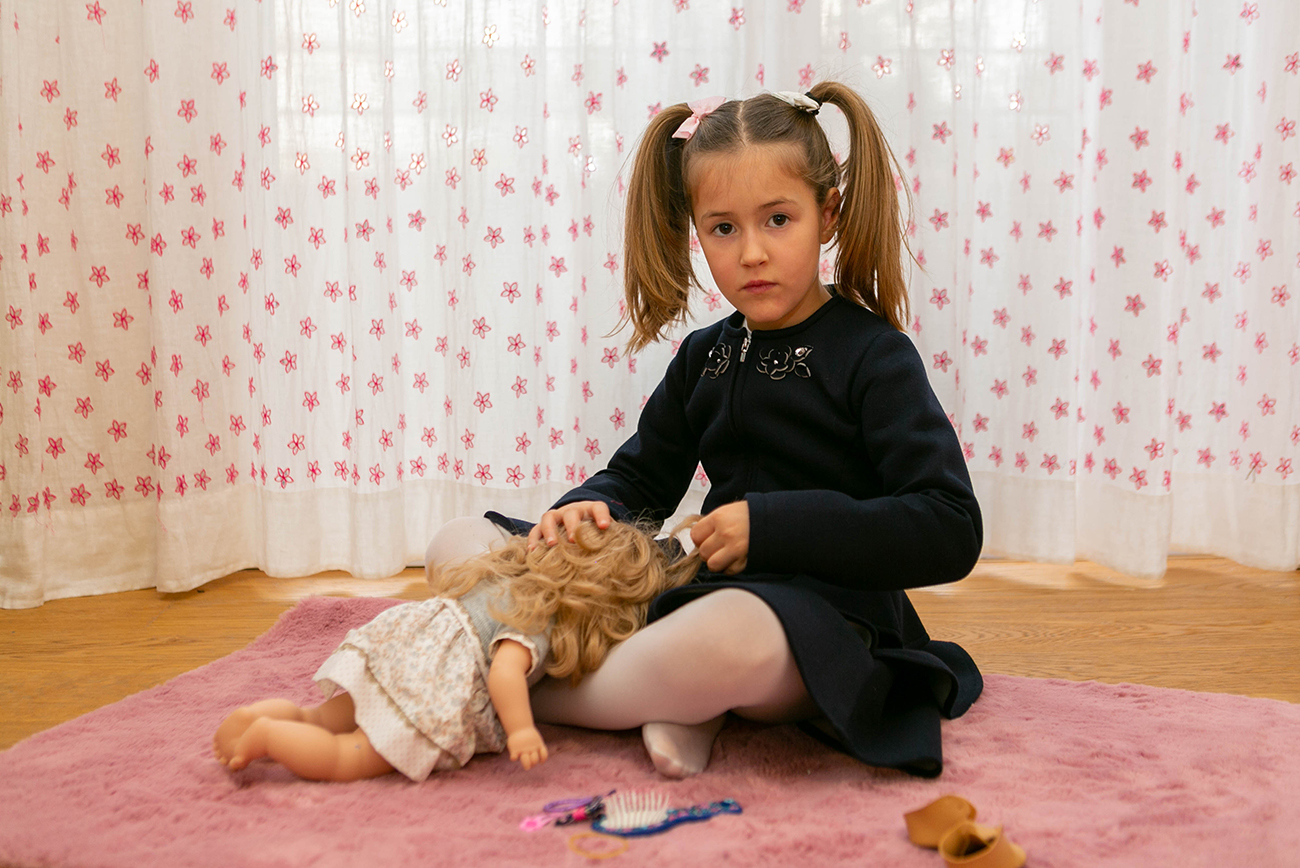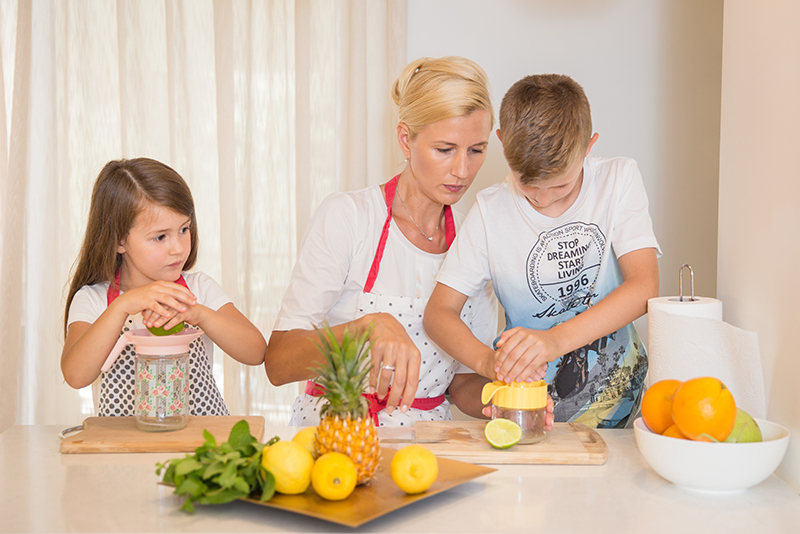No more toys. Family vacations bring happiness to your child for real, researchers agreed!
If you’re one of the many parents struggling to stem the flow of unwanted toys into your home, here’s some good news.
Several experts suggest that gifting children vacations and experiences instead of toys that can boost their brain development.
In an article for the Telegraph, child psychotherapist Dr. Margot Sunderland postulated that vacations are an investment in your child’s brain development. She wrote, “This is because on a the family holiday you are exercising two genetically ingrained systems deep in the brain’s limbic area, which can all too easily be “unexercised” in the home. These are the PLAY system and the SEEKING system.”
Sunderland cited the work of Professor Jaak Panksepp, a world-leading neuroscientist at Washington State University. Panksepp discovered the PLAY and SEEKING systems.
According to Sunderland, “The brain’s PLAY system is exercised every time you bury your child’s feet in the sand, tickle them on the pool lounger, or take them for a ride on your back. The brain’s SEEKING system is exercised each time you go exploring together: the forest, the beach, a hidden gem of a village.”
Exercising your child’s PLAY and SEEKING systems leads to growth in the frontal lobe. This part of the brain deals with cognitive functioning, problem-solving, emotional expression, memory, language, and judgment. And the more you use these systems, the stronger they become.
When you take your child on a vacation, they have the opportunity to explore a new place. This activates the SEEKING system. And removing your family from your daily, possibly stress-filled routines encourages you to play together.
Well-Being and Happiness
Beyond your child’s brain development, exercising their PLAY and SEEKING systems through a family vacation also contributes to their general happiness and well-being.
When we activate those systems in our brain, neurochemicals such as dopamine, oxytocin, and opioids are released. These neurochemicals support feelings of closeness in relationships. They also relieve stress and help you feel that all is well and good.
A 2017 study suggests that time together is what makes people feel most loved. The study published in The Journal of Social and Personal Relationships involved asking 495 men and women between the ages of 18 and 93 to complete a questionnaire evaluating what makes people feel loved. Each of the 60 questions began with, “Most people feel loved when…”
The researchers learned that most people felt loved through interactions with other humans, not gifts. Dr. Zita Oravecz, one of the researchers, told us “Our research found that micro-moments of positivity, like a kind word, cuddling with a child, or receiving compassion make people feel most loved.”
Family vacations provide ample opportunities for these interactions because your family is removed from the distractions and responsibilities of everyday life.
So, for the next holiday or birthday, instead of shopping for toys, consider spending that money on a family vacation.
You can even request that other gift-givers, such as grandparents, contribute to your vacation fund rather than purchasing a toy for your child.
The memories from the special time you spend as a family will last far longer than your child’s interest in the next plaything they receive.



